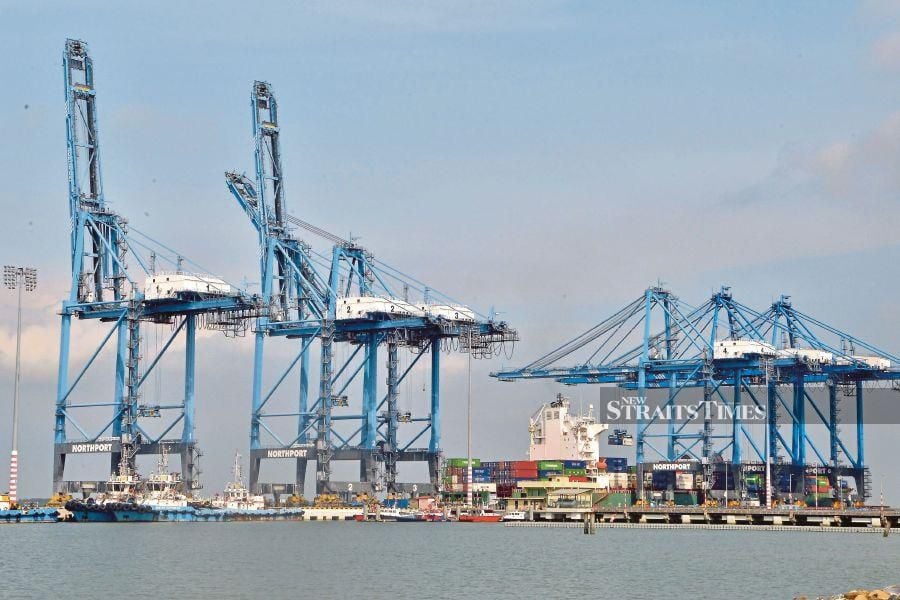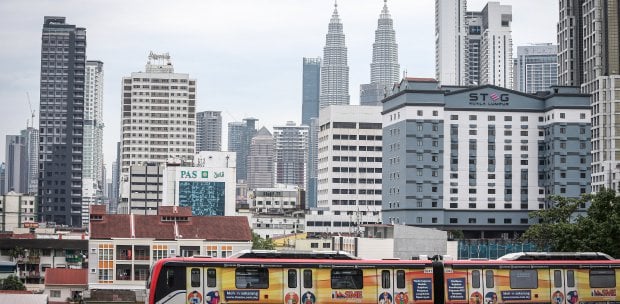ONE thing that we can all agree on is that things cannot continue as they are.
The pandemic has forced us to make changes to the economic and political systems that we have practised at least since the end of World War 2.
As a small and open economy, we have always been affected by what happens globally. For instance, in the initial stages of independence, we upheld the laissez-faire economic system as it was the trend worldwide.
When affirmative action policies started to take hold globally in the 1960s and 1970s, we introduced the New Economic Policy (NEP).
At the height of the neo-liberal economic policy of the 1980s, whose primary proponents were the then US president Ronald Reagan and British prime minister Margaret Thatcher, Ma-laysia embarked on economic policies with a neo-liberal slant such as privatisation, deregulation and the Look East Policy.
When the gross domestic product (GDP) was the sole indicator of progress in the early 1990s, we launched Vision 2020.
In Asia, there was the much-hyped Asian Tiger economic model. Singapore, South Korea, Taiwan and Hong Kong were categorised as Asian Tiger economies due to their ability to record high and sustainable economic growth for decades.
Malaysia wanted to be industrialised with a similar economic model and aimed to become a developed and high-income nation by 2020.
In 2009, when the world began with a new form of comprehensive and holistic development model, where economic growth must be inclusive and sustainable, Malaysia introduced its own version called the New Economic Model (NEM).
But NEM seemed to be more comprehensive than that. It included not just economic but also political and social reforms to achieve an egalitarian and equitable society with a better, less authoritarian and more deliberative form of democracy.
Post-NEM, the then government launched Transformasi Nasional 2050, but it was discontinued after the 14th General Election.
Under the new administration, the Shared Prosperity Vision 2030 (SPV 2030) was introduced, again a global trend of more equal distribution of nations' wealth.
In China, the term used is "common prosperity", which seems to reflect the Malay term for SPV 2030, which is Wawasan Kemakmuran Bersama 2030.
Perhaps it is merely semantics. But the point is, Malaysia seems to have had good economic planning since independence that was in line with global trends and developments. The planning was also a response to specific domestic socio-economic and political issues during the particular times.
And recently, when the government submitted the Instrument of Ratification of the Regional Comprehensive Economic Partnership (RCEP) agreement, it reinforced the grand narrative elaborated above.
After all, Malaysia is committed to the Asean Economic Community (AEC) and the China-led Belt and Road Initiative (BRI).
Soon, Malaysia will ratify another mega multilateral trade agreement — the Comprehensive and Progressive Agreement for Trans-Pacific (CPTPP). We already know of the possible economic, trade and investment benefits of RCEP, AEC, BRI and CPTPP.
RCEP opportunities, for instance, are huge as it is the largest free trade agreement (FTA) in the world, comprising 28.2 per cent of global GDP, 27.2 per cent of global trade and 30 per cent of the global population.
More importantly is the need to reset the Malaysian economy moving forward. I think one of the crucial building blocks is to embrace the regionalisation process.
And RCEP is just one of its mechanisms. No doubt, in any agreement, there are costs, issues and challenges that we need to face.
In this regard, the government must be vigilant and agile
in adjusting the business ecosystem, regulations and the mindset of industry and business players.
All parties, in favour or against the FTA pacts, must be clear on the negative impact on our economy if we decline to join any regionalisation agreement.
What would be the alternative? I think we are ready this time around and, indeed, regionalisation and global cooperation are the way to go in the post-pandemic world.
The writer is associate professor of Economics, Universiti Utara Malaysia






